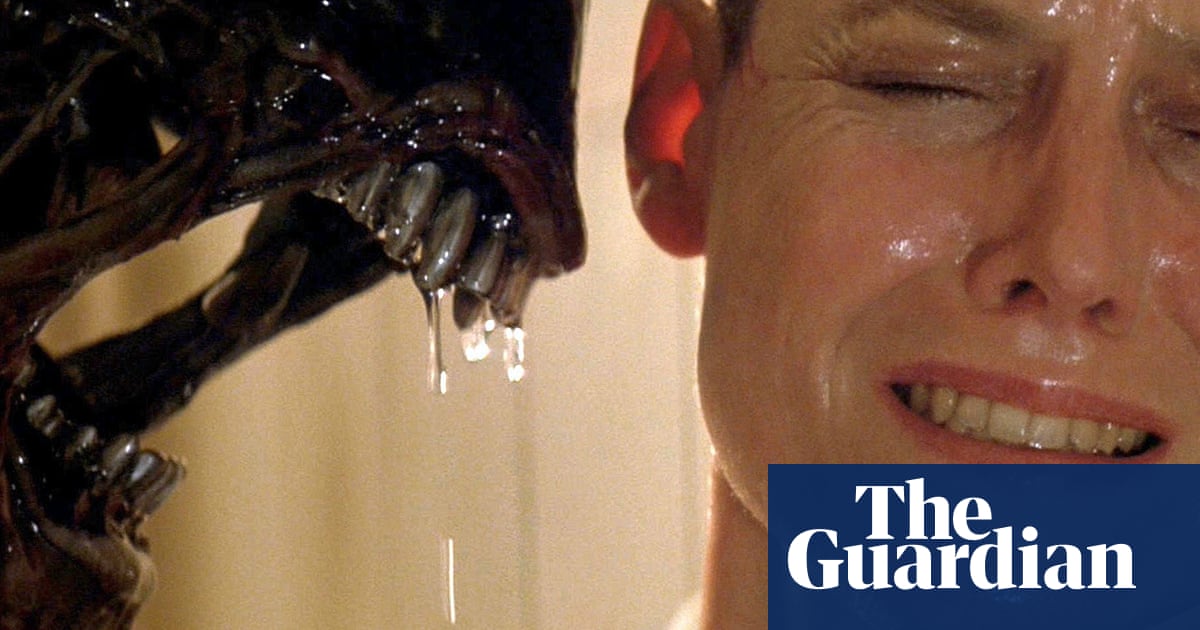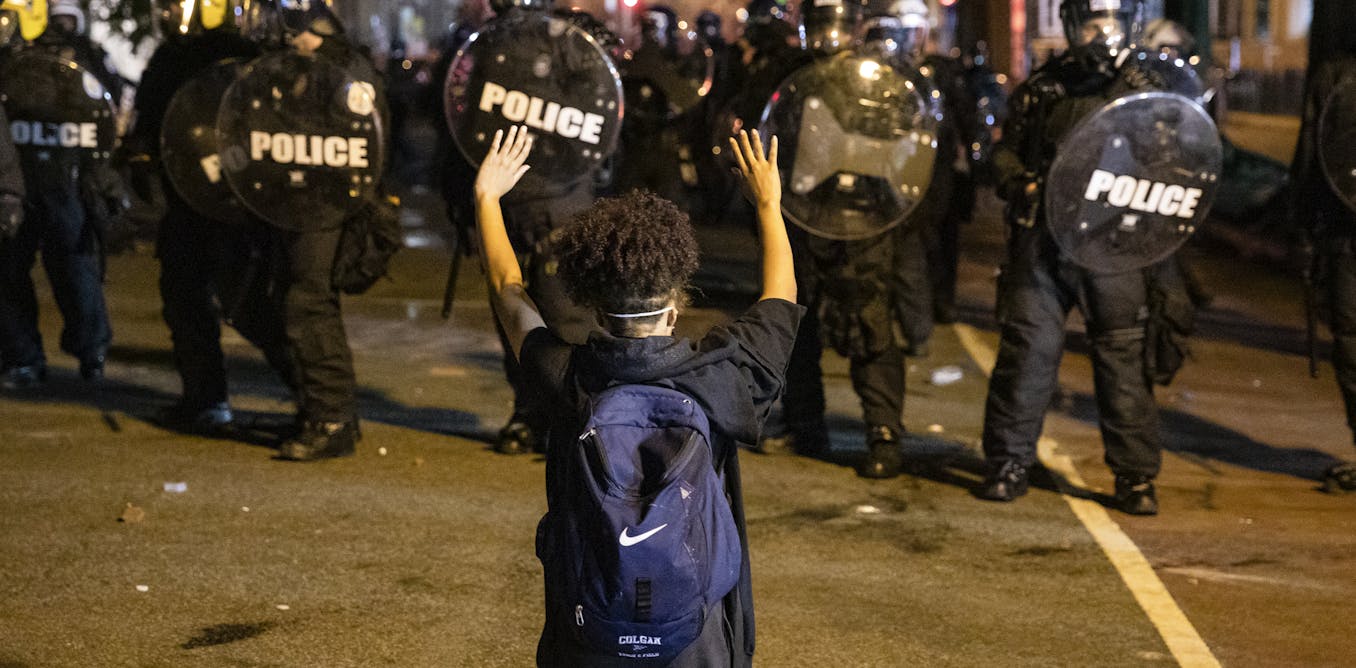
Alien 3 at 30: David Fincher’s divisive threequel remains a fascinating failure
A film’s reputation is a moving target. Initial reactions give way to critical reappraisals. Flops become cult classics. Sometimes we misremember how a work was received in the first place.
For much of the last 30 years, Alien 3 has been regarded as a flop, a major letdown after the genre-exploding successes of 1979’s Alien and 1986’s Aliens, and the worst film in the franchise. The film’s poor reputation was burnished before it was even released, codified by its own director and strengthened by a passionate fan base. Alien 3 was a famously troubled production; several directors came and went during pre-production, its script was in a state of flux while the film was being shot, and its first-time film-maker – a young music video director named David Fincher – engaged in daily battles with producers for creative control.
Following reports of this on-set unrest, the public and press were prepared for a disaster, but instead its reception was one of mild disappointment. The film made $159m worldwide, just a shade under the $183m gross of its predecessor. It wasn’t beloved by critics, but it was hardly reviled. Roger Ebert called it “the best-looking bad movie I’ve ever seen”, which is representative of its perception at the time: flawed but certainly not without merit. It was successful enough to spawn another sequel, 1997’s Alien: Resurrection, not to mention four more Alien films (if you count the dreadful Alien vs Predator films) and counting.
But its reputation suffered its fatal wound in 2009 when Fincher himself essentially disowned the film, saying: “A lot of people hated Alien 3, but no one hated it more than I did.” It’s unclear if he was referring to the experience of making the film or the finished product (if he could even separate the two), but the totality of his denunciation made an impact. Since he made Alien 3, Fincher had become one of his generation’s most revered film-makers, and few of his acolytes were prepared to disagree with the master’s assessment of his own work. It didn’t help that when word leaked out about earlier versions of the script that were scrapped, and some of them sound pretty darn good. One featured a ground war on Earth between xenomorphs and humans. Another took place on a planet made entirely of wood and inhabited by monks who believe the alien is the second coming of the antichrist. Fans have pored over these ideas, imagining all the ways they would have been better than the flawed finished film. One of them, a more overtly political script by William Gibson, was even published as a novelization.
Divorced from the experiences of the production and the sky-high expectations of its fans, however, the film still has much to offer. Ebert was right: it looks incredible. Fincher created a bracingly original world for the xenomorph to play in, an all-male penal colony in deep space with a series of dank tunnels that make Ellen Ripley and the prisoners seem like rats in a grim maze. He shoots almost everything from a frighteningly low angle, heightening the claustrophobia. He rejects the cold grayscale of Ridley Scott’s Alien, as well as the piercing blues of Aliens (a staple of James Cameron’s filmography). Instead, Alien 3 looks like it was shot with a layer of yellow-brown grime on the lens. Whether it works for you or not, the makers deserve credit for seeking new terrain when it could just as easily have relied on the visual language of the prior films.
In fact, much of Alien 3 seems designed to reject what viewers loved about its predecessors. It’s a film that kills off the innocent child Ripley fought to save in Aliens in the first reel and then subjects the viewer to her gruesome autopsy. It kills a dog, too, as well as the handsome prison doctor Ripley is developing feelings for. Just for good measure, it ends with Ripley killing herself by leaping into a ball of fire as a baby xenomorph explodes out of her chest. By the end of the film, everyone we care about is dead, and while we have in time come to expect such bracing nihilism from Fincher, viewers expecting another crowd-pleaser in the mold of Aliens must have felt like their hopes and dreams had just been blown out the back of their heads.

With time, however, emotional injury gave way to a grudging respect. Alien 3 is not considered a classic, and many fans still consider it the worst in the franchise, but a line of defense has emerged. In 2013, the very first installment of critic Scout Tafoya’s The Unloved series on misunderstood films was about Alien 3, which he calls “beautiful and harsh”. Now it seems that every time a new Alien film is released, a critical reappraisal of Alien 3 pops up, with titles like “Alien 3 is good, actually” or “Alien 3 is far from the worst film in the franchise. In fact, it’s pretty great.” Of course, reappraisal is an inevitable stage of the cycle of public opinion. Contrarianism gets clicks, and for every reviled piece of culture, there are at least three people willing to go on the record that it’s not actually that bad.
Fincher himself never changed his mind about it. In 2003, Fox released an “Assembly Cut” that attempted to reconstruct the director’s vision of the film that was chopped to bits after rough test screenings. The cast and crew helped put the new cut together, but Fincher himself didn’t participate and claims to have never watched it. That’s OK: he got what he needed from it, and so did we. Fincher learned how to fight for his vision on the set of Alien 3 – a lesson the famously obsessive director has used to make some of the great masterpieces of the last 30 years – while the film itself liberated the franchise from the expectations of the first two films, leaving film-makers free to put their own stamp on the material. If it weren’t for Alien 3, we might not have had Fight Club, Zodiac or The Social Network; nor would we have had the goofiness of Alien: Resurrection, the arresting imagery of Prometheus, or the gnarly kills of Alien: Covenant. And with yet another new Alien film on the horizon, the franchise is in no danger of slowing down. Just like its monster, Alien 3 had to die so that others could live.













































































